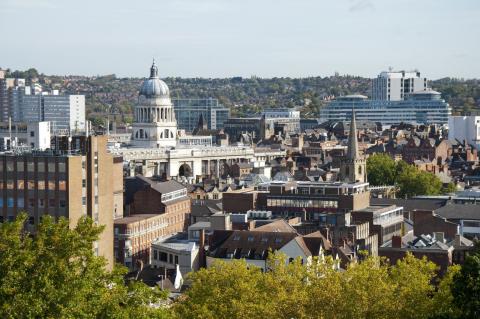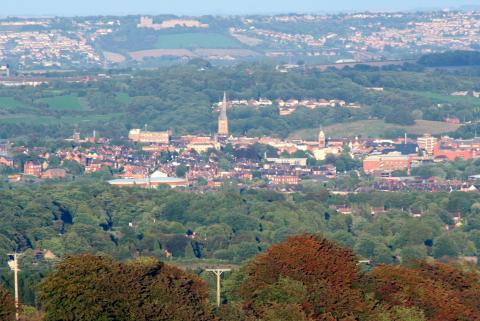Hopefully I’ve got you in time. You see, I’ve just been on holiday and I’ve seen some of the awful electrical work that’s around, and I wanted to let you know about Electrical Safety On Holiday
I’ve had many bad experiences with electrics abroad.
Just last year in Egypt I realised I needed a shave – I was treating the family to a nice dinner, and wanted to spruce myself up a little. Anyway, I plugged the electric shaver in and left the room to head back to the pool.
That evening, I returned to the room, selected an outfit and unplugged the shaver, ready for a trim.
Well, blow me down!
It was as though my shaver was on steroids! It was about three times more powerful than it ever gets in the UK. It must have been charged to the nth degree, bursting at the seams with energy.
Now, it made for a quicker shave, but I was suddenly quite worried. What if I’d decided not to shave and left it plugged in all night? It could have resulted in a fire and the loss of my whole family’s possessions. Or it could have been worse than that, which I’m not even going to think about.
If you’ve ever been abroad and used electrical sockets, you’ll have noticed that they’re not as sturdy as ours here in the UK. They often spark, and many don’t have off or on switches. Here’s a few tips I put together to make sure you don’t come across any problems…
Here's what to look out for...
• Never touch electrical equipment with wet hands.
• Don't touch light switches if they are cracked or show signs of damage.
• Avoid plugging equipment into a socket which looks damaged or cracked, or has part or all of the cover missing.
• Never use mains-powered electrical appliances in a bathroom.
• Always check cables are securely attached and are not cut, nicked or damaged in any way. There should be no joints in the cable and certainly no repairs with insulating tape. Cables should also be checked for signs of overheating, such as discoloration.
• Make sure to check that the travel adaptor you are using is the correct type for the country you are travelling to and never force it into a socket if it does not easily fit.
• Never ignore burning smells, sounds of arcing (buzzing and crackling), fuses blowing or scorch marks on plugs and sockets.
• On campsites check there is Residual Current Device (RCD) protection or a similar device that will cut off the supply if there is an electrical problem.
• Find out about the type of sockets and the voltage used in the country you are visiting.
• Think about the appliances you intend to take and whether you will need to use travel adaptors or voltage converters and what their power rating should be.
• Consider buying travel adaptors and voltage converters before you go as not all products available abroad will meet British safety standards.
• On cruise ships, the voltage and type of sockets provided in cabins can vary (even with the same cruise operator) and may not be the same as that used in the country the ship departs from. Check with the cruise operator or your travel agent.
I hope that helps you to avoid any problems, and increases your Electrical Safety On Holiday knowledge
Talk soon,
Carl
- Log in to post comments















